Interview with Andrea Martinotti
This is not the first time we have the opportunity to treat the difficult, yet crucial, theme of Humanitarian Security and Personal Risk Management within the humanitarian access field.
Such topics are normally quite rare in the agenda of mainstream information agencies. In INSIDER RELEASE we believe in innovative and free information.
We thrive to give you the best insights about geopolitics and security worldwide.
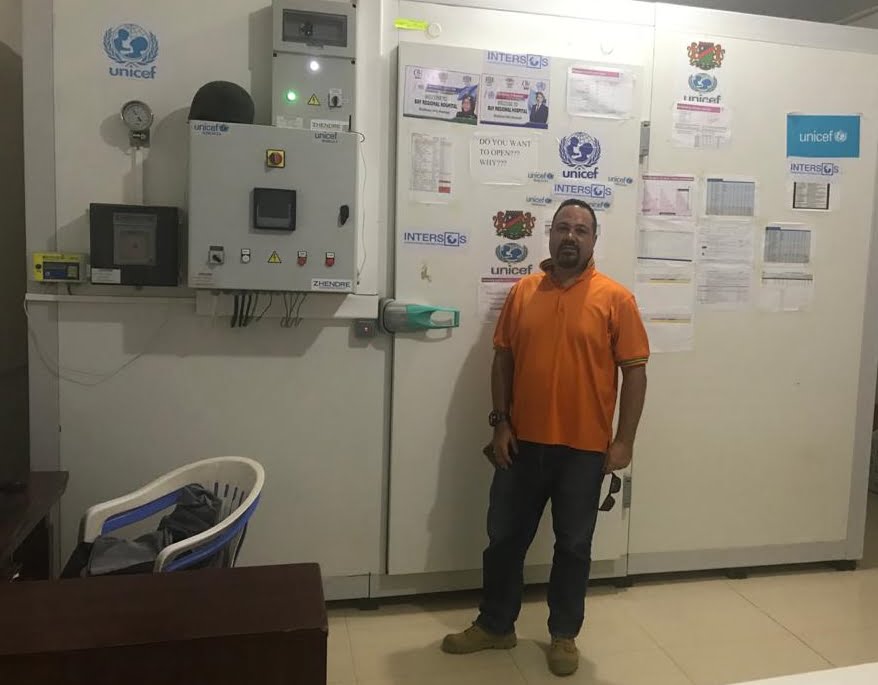
Today, we have the honor to share with you the amazing experience of a man who dedicated the last 10 years to the world of humanitarian security. We worked in some of the toughest areas of the planet, hot territories that have built many professional security managers. Let’s give the floor to Andrea Martinotti.
THE BACKGROUND:
“Andrea, to start off with the interview, would you give us an overview of your personal background?”
Yes, I don’t normally get this kind of question in interviews. Anyway, I like to tell my story if it’s interesting for you. After my five years of university in Siena and Pavia (Italy) within political sciences, I graduated. Soon, I developed a deep impulse of interest for the humanitarian sector. I felt it like an inner mission and I am glad for being able to do this interesting job that I love so much today.
Right after my master’s degree (thesis in Dodoma) I organized a trip to Pakistan and Kashmir. I did it with a friend since we had a common connection working in that area for an international organization for reconstruction, it was 2006. After coming back to Italy my interest for the international cooperation sector was at its peak. I was determined to work in it. I wanted to study Africa and African development so I enrolled for the civil service in Ethiopia (in the Tigray region). There is where my interest for security was born. After one year in Ethiopia I moved to Rome to find further employment. There I attended a training course with INTERSOS, the organization I mainly worked for during my life. After this crucial step my interest in emergencies and crisis grew daily. My will to travel back to the field was a daily obsession.
My first duty station was South Sudan as a protection officer, then Somalia where I spent more than two years. In 2011 I became an area coordinator. Since 2017 I’m the main security advisor for INTERSOS, based in Nairobi, Kenya.
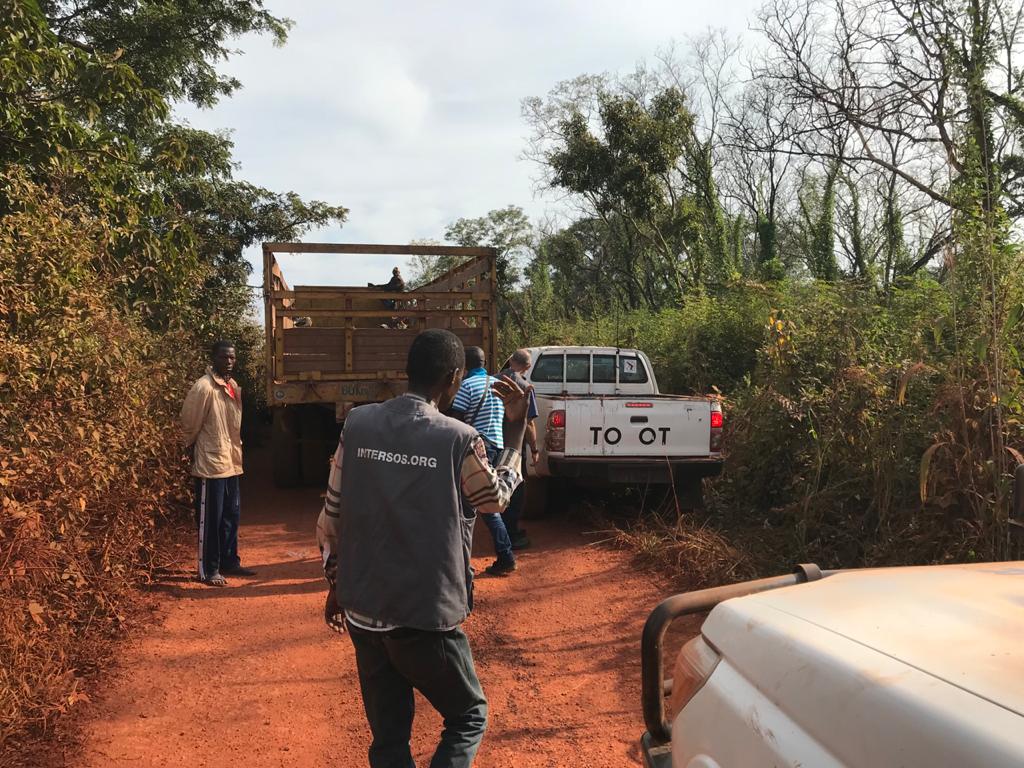
THE JOB:
“What makes a security manager?”
This job does not have monolithic and set rules. Don’t misinterpret my words here. Security management has got protocols and fixed procedures to respond to many critical situations. But, in my opinion, creativity and adaptability do play a crucial role in the life of a good security manager or advisor.
There are some technical characteristics that make a good security advisor. Examples are the ability and will to work in a team and to adopt a multiple range of perspectives when analyzing problems. Some argue that a good PRM (personal risk manager) should necessarily have a military background. I do not agree with that, especially in the humanitarian sector. The military have a set of specific abilities and knowledge but sometimes struggle to relativize their interpretations and to adapt their strict approaches to certain security issues. But there is something which can be crucial with the military, civil-military cooperation during an emergency and crisis situations.
What I think should hold a special position in the toolset of a security advisor is mainly a deep sense of curiosity and the perspective of the good analyst. Analyzing volatile contexts can be very demanding. Sometimes also frustrating for several reasons.
With constant practice and dedication it will become possible and very useful to the organization you want to protect.
I must remind the readers that this particular job requires an immense patience, attention to detail and negotiation skills. Without the all three of these aspects we cannot expect to do a good job in this sector.
The main strategy always puts the aspect of “acceptance” in the middle. In the humanitarian world the protection and deterrence barely exist and are more rarely used within security management for various reasons such as cost, CSR (corporate social responsibility) and field access. Despite this theoretical aspect, the practical reality is a little different since the application of the security triangle is normally a cocktail of different approaches that mix up the three perspectives. In very risky scenarios, for instance, it’s necessary to rely on close protection for convoys and other assets.
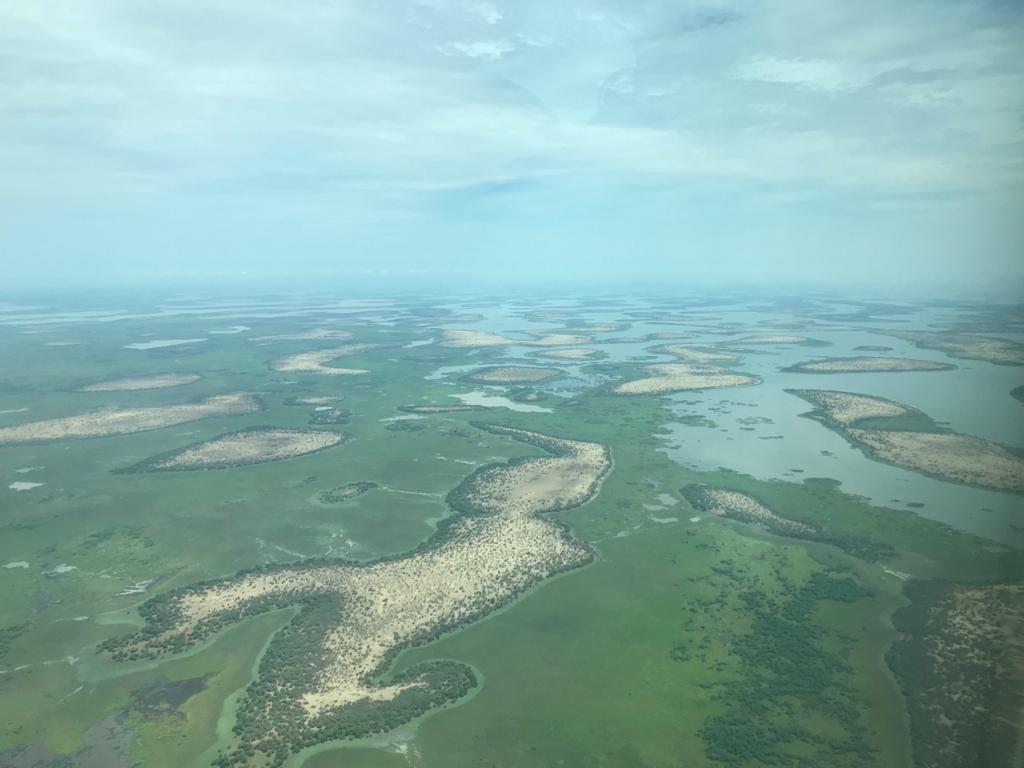
Some advice:
“Would you be able to give some advice to our passionate readers who might be interested with this kind of career?”
Giving advice is not easy in such a complex and fluid sector. I will try to convey some of my experience within few words. As I said before, most of the game regards being able to adapt in this job. So, my first advice regards adaptation. A young person approaching this sector should be able to adapt and understand very different situations and scenarios, not only the security context should be a concern but also the life condition in certain environments.
You also have to be psychologically resistant to any issue since when the situation becomes critical the human resources deployed on the field will count on you. This can be a very demanding and stressful job so you have to love and deeply believe in what you are doing.
Another good advice regard relational aspects, if you want to work in the humanitarian field we must assume that you will have the will to travel to different countries, most of them will be developing contexts where a multitude of languages will be spoken and where you will deal with different cultures and people during work. Be ready to open your mind to what is new and focus on learning, always.
Always keep in mind that this is a very serious job and that innovation is very important but that the main structure of a professional comes from years of experience, training and sacrifice. There is not proper recipe to do this job, there are many paths, it’s up to you to find yours.
I suggest to take the longer roads that in the end are shorter, be a self-made.
for Insider Release
Do you want to tell us something?
Contact:
What’s your opinion on this matter?
Leave a comment below!
DISCLAIMER
INSIDER RELEASE is an informative blog where various topics are discussed. It is emphasized that the ideas and concepts, although based on research from official sources, are the result of free evaluations by the writers. The BLOG, in full compliance with the principles of information and freedom, is not classified as a press site.


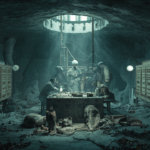




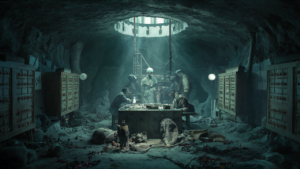

More Stories
Private Security And The Military – A Comparison
The Importance Of Intelligence In Today’s World
Coronavirus Impact On World Health, Safety And Security